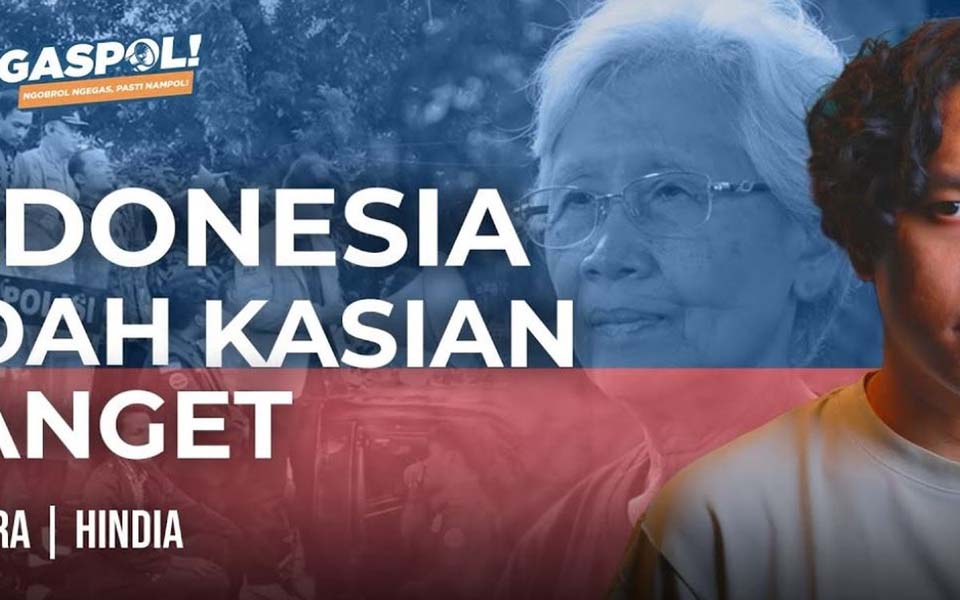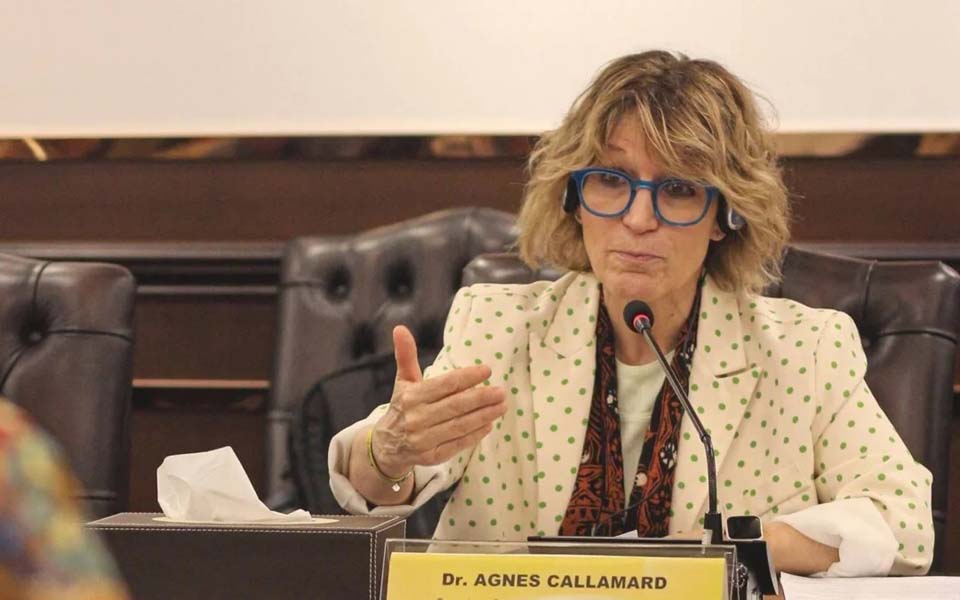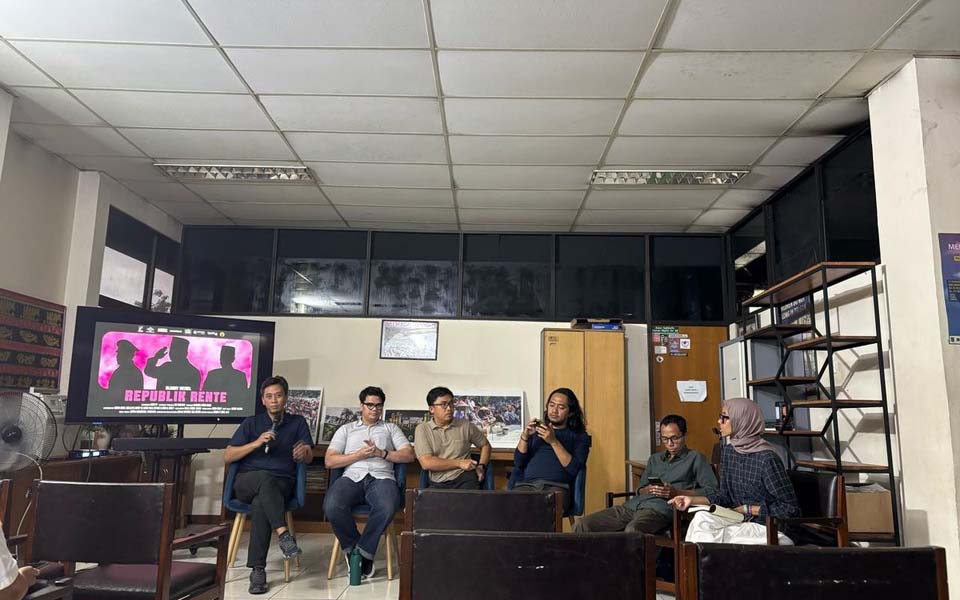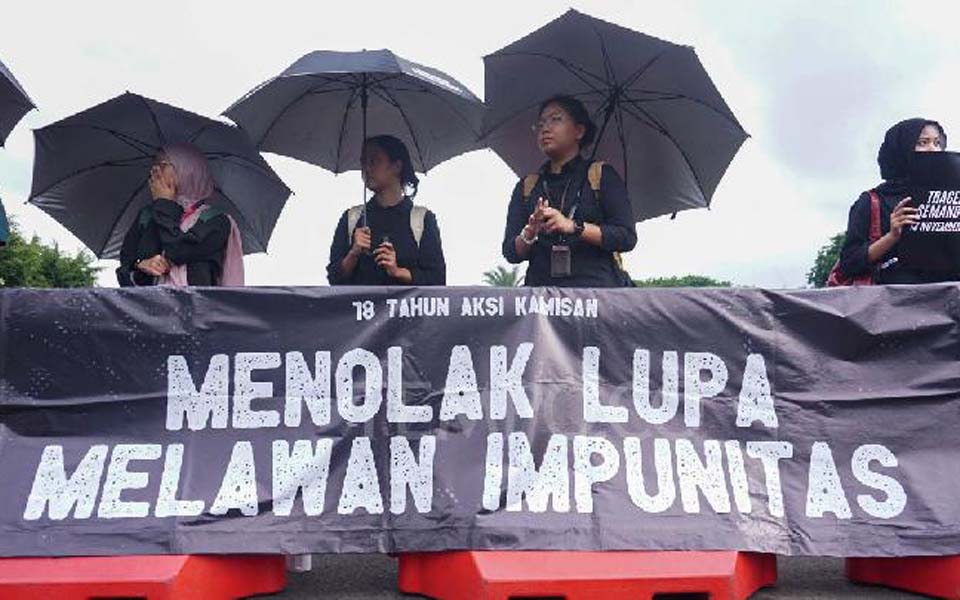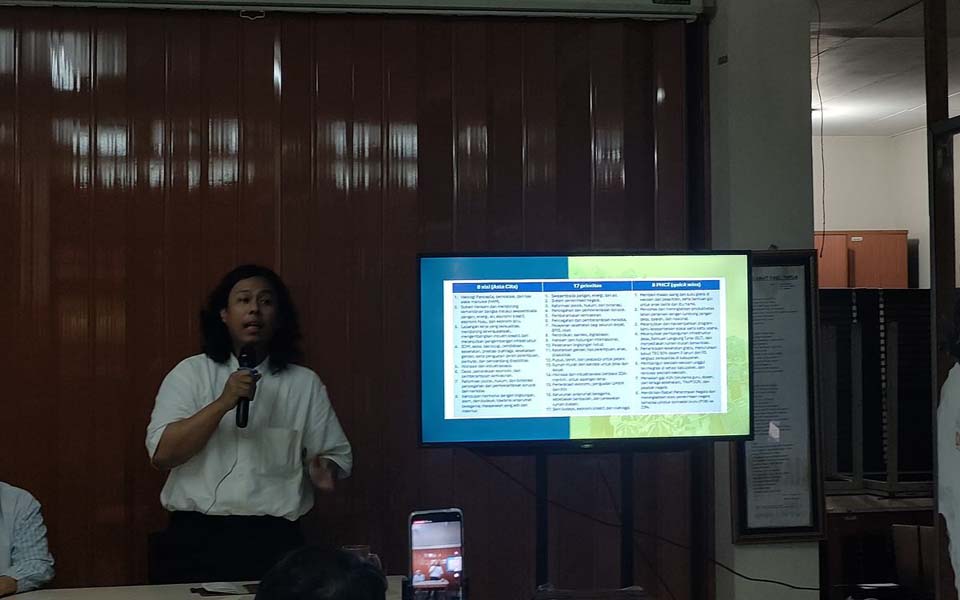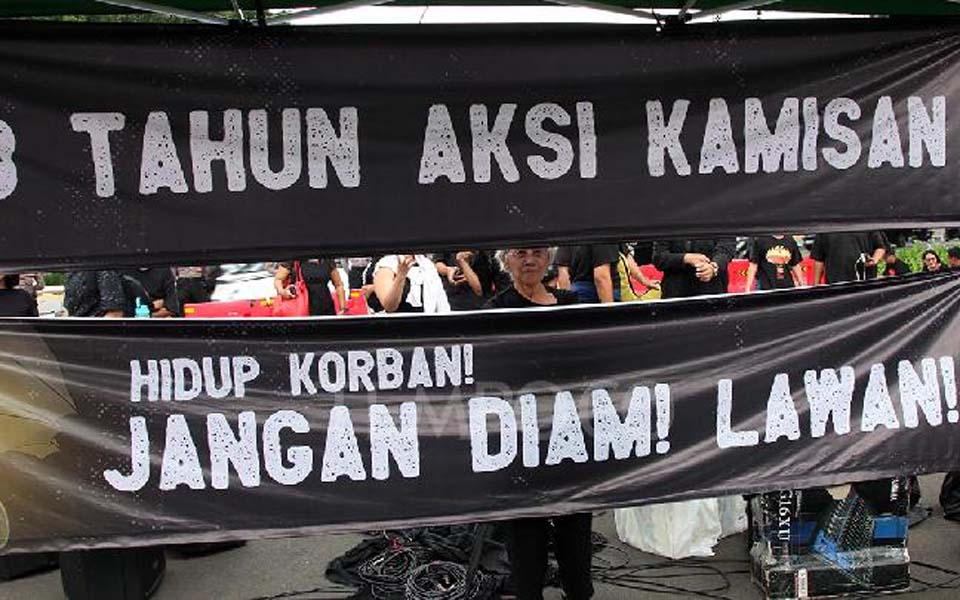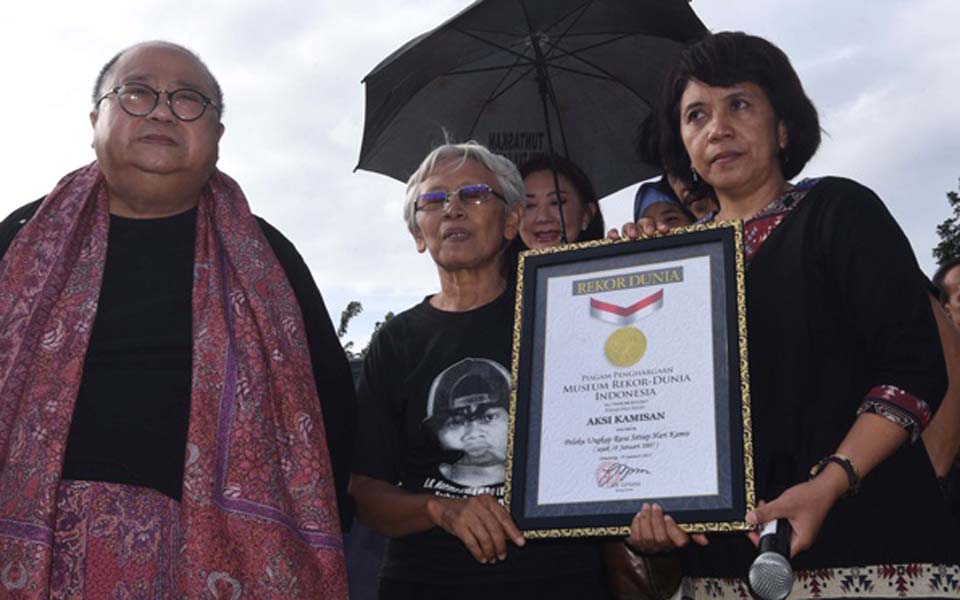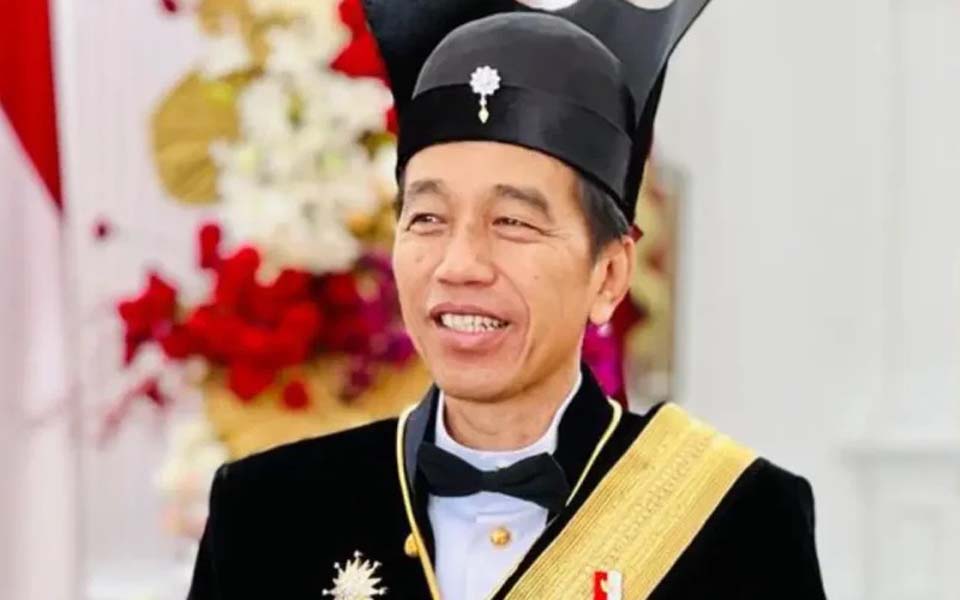Moh. Nadlir, Jakarta – The International People’s Tribunal on 1965 (IPT 65) says that the information revealed in 39 documents on the mass killings following the September 30 Movement (G30S) in 1965 held by the US is nothing new.
This was revealed by the IPT’s head of research and data collection Sri Lestari Wahyuningrum at the Amnesty International office in Jakarta on Friday October 20.
“These documents made up a significant part of what was considered by [IPT] judges when handing down a verdict on the involvement of the United States, Britain and Australia in the [1965] Indonesian genocide”, said Ayu, as Sri Lestari Wahyuningrum is called.
Nevertheless said Ayu, the 30,000 pages of documents validate and reinforce the final verdict by the IPT which stated that there were 10 categories of humanitarian crimes in 1965.
In their verdict, the panel of judges declared that the Indonesian [state] was at fault and must be held liable for the crimes against humanity. “This absolutely confirms and reinforces the IPT 1965 judge’s verdict”, said Ayu.
Because of this Ayu is urging the National Human Rights Commission (Komnas HAM) to conduct a follow up investigation or reinvestigate the crimes against humanity and genocide in relation to these documents.
Moreover, said Ayu, this should include other serious human rights cases such as the abduction of activists in 1997-1998 and the May 1998 anti-Chinese riots in Jakarta.
“To this day the perpetrators of the crimes in 1965 have continued to persecute those accused of being communists. The pattern continues to be repeated. Aceh, Papua, East Timor, Talangsari, Tanjung Priok and other incidents are the inventory of the 1965 perpetrators”, she said.
Not only this, Ayu says that the Indonesian government must take concrete steps to provide justice to the victims of 1965 both in judicial and non-judicial terms by establishing a Presidential Committee for the Disclosure of Truth and Clarification of History.
“Historical justice is important at this stage. Because without this it will be impossible to pursue other follow up measures because this is the factual and empirical basis that we want to proceed from”, she said.
Finally, Ayu hopes that the international community will support a role for the United Nation’s Special Rapporteur in advancing the rights of the victims to truth, justice, reparation and guarantees that such serious crimes will not be repeated in the future.
“The government must also take concrete steps to end impunity and realise the four pillars of victim’s rights now and in the future”, said Ayu.
39 documents
Published by BBC Indonesia, the US diplomatic cables on the 1965 tragedy were released to be public by three US foundations. The documents comprise cables from and sent to the US related to the mass killings in 1965.
The 39 documents comprising some 30,000 pages are records by the US Embassy between 1964 and 1968. They contain, among other things, information surrounding the tensions between the military and the Indonesian Communist Party (PKI), including the after effects of the mass slaughter.
The data and facts are seen as opening a curtain on Indonesia’s history that up until now has been tightly closed. To this day, the state, particularly the Indonesian military (TNI), have avoided talking about or revisiting the dark history of the 1965 tragedy.
The facts presented in the US diplomatic cables refute the sole narrative that the victims of the 1965 tragedy were communists or those who were indeed linked with the abduction and killing of six generals by the G30S and its efforts to seize power on September 30, 1965.
PKI members and sympathisers were “confused and claimed not to know about the September 30 issue”, read one US Embassy diplomatic report dated November 20, 1965.
Cautious response
The Indonesian government itself will not act prematurely to the release of the documents. Defense Minister Ryamizard Ryacudu says that Indonesia cannot just trust documents from another country so Indonesia will respond cautiously.
“It’s like this, in America, not just ordinary people, but even presidents are assassinated. So what’s important is that we remain cautious”, said Ryacudu at the Presidential Palace complex in Jakarta on Thursday October 19.
Ryacudu was referring to the assassination of the US’s 35th president, John F Kennedy in November 1963. Throughout its history, there have been four US presidents that have been assassinated. Aside from Kennedy there was Abraham Lincoln (the 16th president), James A. Garfield (20th) and William McKinley (25th).
According to Ryacudu, Indonesia and the US have a good relationship and he is also good friends with US Secretary of Defense Robert Gates. Ryacudu said that he will be communicating with Gates in regard to the documents.
[Translated by James Balowski. The original title of the article was Dokumen AS soal Tragedi 1965 Perkuat Putusan Hakim IPT 1965.]






